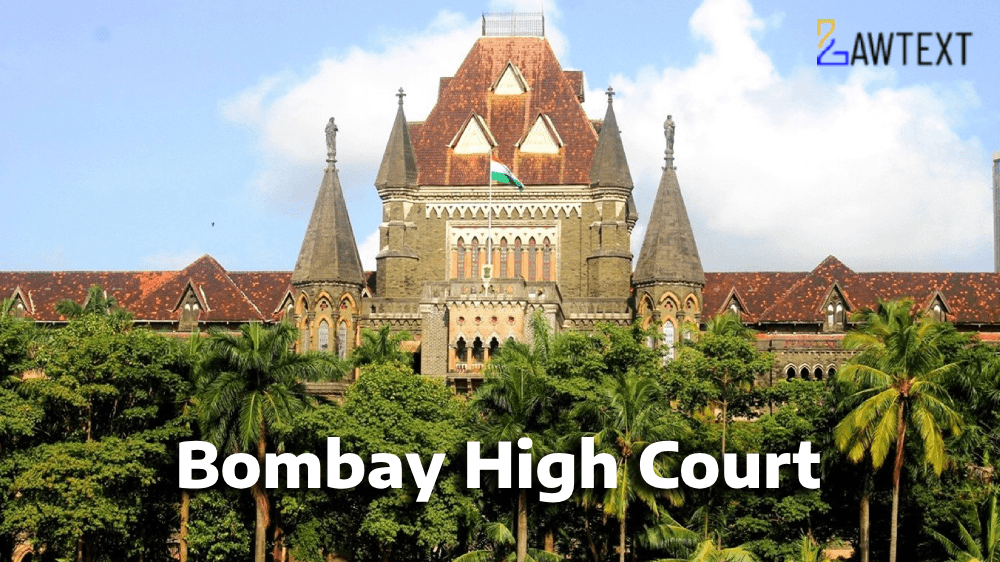

The appellant, Umesh Dilip Sanghele, was convicted under the POCSO Act and IPC for alleged sexual assault of a 6-year-old girl. The trial court sentenced him to 20 years of rigorous imprisonment, among other penalties.
The alleged incident occurred on 19.11.2016, but the FIR was filed 11 days later, on 30.11.2016. The prosecution claimed the victim was lured, assaulted, and threatened by the appellant. However, the delay in filing the report was not sufficiently explained, raising doubts about the incident’s credibility.
The victim identified the accused 10 days after the incident when she saw him near a pan stall. The police did not conduct a test identification parade, which is crucial in cases where the accused is unknown. The court noted this as a serious procedural lapse.
The testimonies of the victim and her family members were inconsistent. The victim’s brother and father gave conflicting accounts regarding the identification of the accused. The victim’s statements about the assault were not corroborated by medical evidence, further weakening the case.
The medical examination, conducted 12 days after the incident, revealed redness but was insufficient to conclusively prove digital penetration as alleged. The knife recovered from the appellant’s house was deemed an ordinary kitchen knife, casting doubt on its use in the crime.
The court concluded that the evidence presented did not establish the appellant’s guilt beyond a reasonable doubt. The delay in filing the FIR, inconsistencies in witness testimonies, and lack of procedural diligence (such as not conducting a test identification parade) led to the appellant’s acquittal. The presumption under Section 29 of the POCSO Act was not triggered due to weak foundational evidence.
The principle that in criminal law, especially in cases involving severe punishments, the prosecution must prove guilt beyond a reasonable doubt. Procedural lapses like the failure to conduct a test identification parade and the unexplained delay in filing the FIR, coupled with inconsistent testimonies and lack of corroborative medical evidence, significantly undermine the prosecution's case. The court held that doubts in such cases should benefit the accused, leading to acquittal.
Criminal Appeal, POCSO Act, Acquittal, Delay in FIR, Evidentiary Standards.
sexual assault, criminal law, identification parade, Bombay High Court, delay in FIR, acquittal, IPC 376, legal procedure.
Citation: 2024 LawText (BOM) (9) 108
Case Number: CRIMINAL APPEAL NO. 80 OF 2022
Date of Decision: 2024-09-10
Case Title: Umesh S/o Dilip Sanghele Versus State of Maharashtra & Ors.
Before Judge: G. A. SANAP, J.
Advocate(s): Mr. F. T. Mirza, Senior Advocate appointed for the appellant. assisted by Mr. Paresh S. Thakur, Advocate. Mr. Saurabh C. Joshi, A. P. P. for the respondent no.1/State. Ms. Falguni Badani, A
Appellant: Umesh S/o Dilip Sanghele
Respondent: State of Maharashtra & Ors.